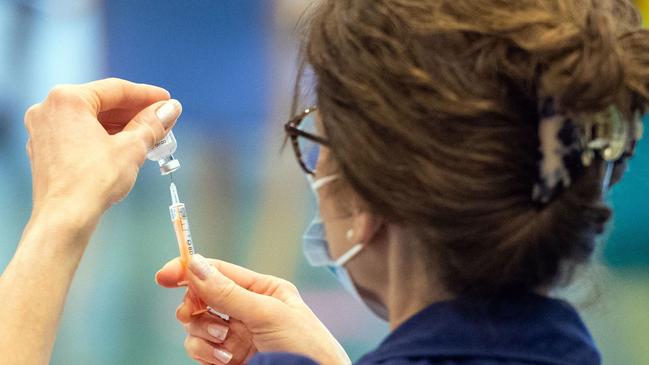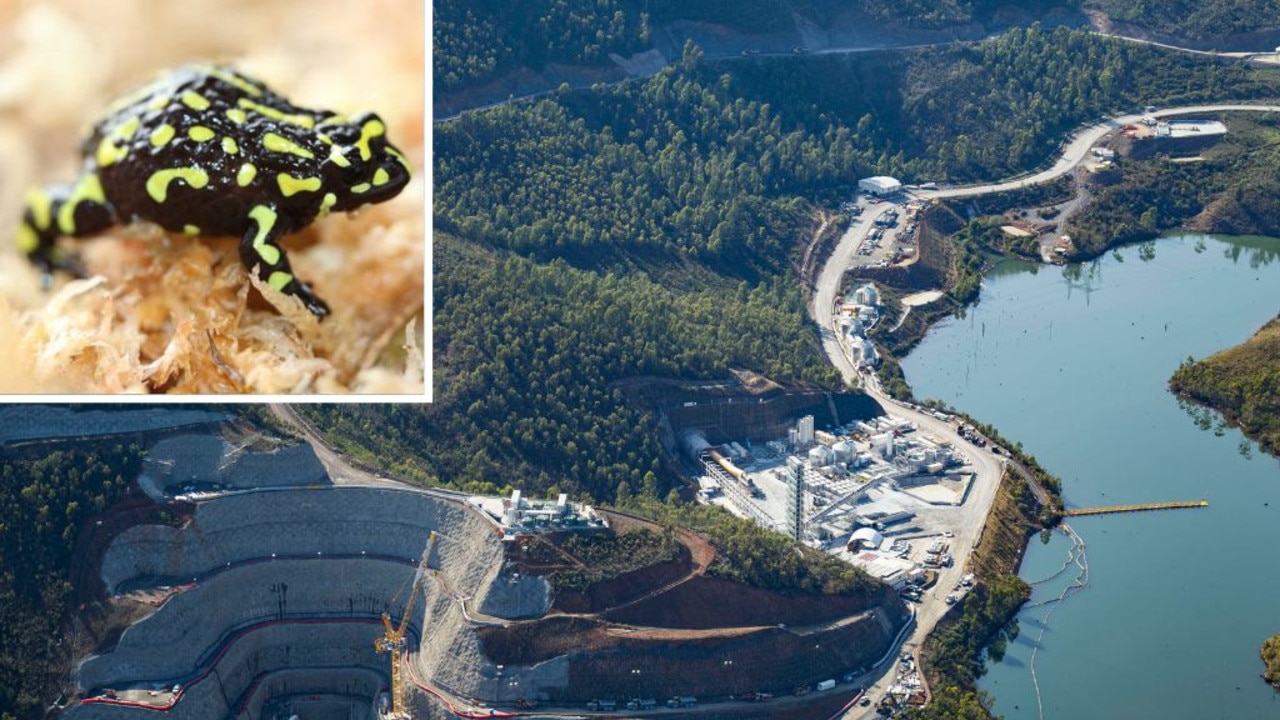Coronavirus: Vaccine experts take a jab at AstraZeneca trial results as science academy backs vaccine
Questions remain on the efficacy of the AstraZeneca vaccine, with critics concerned the published data is not robust and subject to irregularities and omissions.

Questions remain on the efficacy of the AstraZeneca vaccine, with critics concerned the published data is not robust and subject to irregularities and omissions.
The company reported the results of its initial phase 3 trial in The Lancet in December, saying its viral vector vaccine had an overall efficacy rate of 70 per cent.
The company could not explain why people who received two full doses of the vaccine reported an efficacy rate of 62 per cent, while those accidentally given only a half-dose for the initial jab reported 90 per cent efficacy.
A few weeks later, the company’s head, Pascal Soriot, said AstraZeneca scientists believed they had the “winning formula” for administration of the vaccine that would get the efficacy “up there with everybody else”. He has not yet revealed the formula.
The company’s trial data published in December is based on 11,636 participants. The cohort that received the accidentally low dose of vaccine was included in the primary analysis.
The Pfizer-BioNTech and Moderna mRNA vaccine studies had 43,448 and 30,420 participants respectively.
The US Food and Drug Administration will not approve the vaccine for use until it analyses the results of a much larger clinical trial involving 30,000 participants in that country.
While AstraZeneca’s vaccine has been the subject of some controversy over the way the clinical trial has been reported, Australian scientific groups have strongly backed the Federal government’s vaccine strategy.
Australia has ordered more than 50 million doses of the AstraZeneca vaccine, which will be manufactured onshore by CSL. It has also ordered 10 million doses of the Pfizer vaccine and 51 milliond doses of a vaccine being developed by Novavax.
The Australian Academy of Science released a statement criticising misconceptions over herd immunity in the wake of criticisms that reliance on the AstraZeneca jab would not see Australia achieve herd immunity.
“It is crucial that the distinction be made between a vaccine’s effectiveness at protecting from severe disease versus its effectiveness at stopping transmission,” the Academy said. “Australia’s current vaccination strategy is aimed at reducing the severity of disease. Importantly, in preventing severe COVID-19 that requires hospitalisation, both the AstraZeneca and Pfizer vaccines are equally effective.”
Some vaccine scientists became concerned, however, with the progress of AstraZeneca’s vaccine development when the dosing error was revealed and the company sought to rely on the incorrectly dosed patients’ results.
“It’s completely misleading, and, arguably, scientifically dishonest to focus on a number that has no statistical validity,” said Flinders University professor Nikolai Petrovsky, who is developing his own protein-based COVID-19 vaccine.
“They were trying to claim that this accidental dose group had a headline 90 per cent effectiveness but such a retrospective subgroup analysis has no statistical validity, and serious questions need to be raised about the integrity of incorrectly publicizing the vaccine effectiveness in that way.”
“I am sure any vaccinologist or medicines regulator, they would say it’s completely improper to analyse data in such a way, the true per protocol effectiveness of the vaccine was just 62% at preventing symptoms.”
Chief Medical Officer Paul Kelly said the AstraZeneca vaccine was “100 per cent effective” at preventing serious disease from COVID-19.
There are now suggestions CSL could also manufacture the Novavax vaccine, which is due to report its phase 3 clinical trial data in the coming weeks.
Hilda Bastian, a consumer advocate and former member of the Cochrane Review’s independent advisory group, said the US clinical trial would deliver much more robust information about AstraZeneca’s efficacy.
Professor Petrovsky said he did not believe the Therapeutic Goods Administration in Australia should approve the AstraZeneca vaccine on the basis of current evidence. “My personal opinion is that I don’t believe a risk-benefit analysis currently justifies its approval for use in Australia at a time when we have minimal Covid-19 cases currently” Professor Petrovsky said.
Other experts stressed the vaccine was safe and effective and should be rolled out quickly.
“AstraZeneca is safe and it works and we make it here and we have a lot of doses, let’s get moving with it,” said the director of the Burnet Institute, Brendan Crabb.
“Let’s get moving with it,” Burnet Institute director Brendan Crabb said.




To join the conversation, please log in. Don't have an account? Register
Join the conversation, you are commenting as Logout